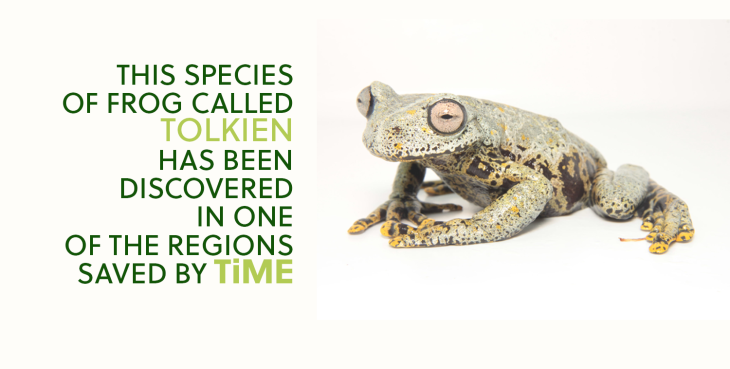
Word of the Day Deor
Today’s word of the day, thanks to the Old English Wordhord website, (https://oldenglishwordhord.com/), is deor, an Old English (or Anglo-Saxon) noun meaning “an animal.” According to www.etymonline.com, deor came “from Proto-Germanic *deuzam, the general Germanic word for ‘animal’ (as opposed to man), but often restricted to ‘wild animal’ (source also of Old Frisian diar, Dutch dier, Old Norse dyr, Old High German tior, German Tier ‘animal,’ Gothic dius ‘wild animal.’” The website says that in Middle English the noun could also refer to ants and fish.
Further, the etymology says, “This is perhaps from PIE *dheusom ‘creature that breathes, from root *dheu– (1) ‘cloud, breath’ (source also of Lithuanian dusti ‘gasp,’ dvėsti ‘gasp, perish;’ Old Church Slavonic dychati ‘breathe’). For possible prehistoric sense development, compare Latin animal from anima ‘breath’).”
Then there’s a third paragraph. “The sense specialization to a specific animal began in Old English (the usual Old English word for what we now call a deer was heorot; see hart), was common by 15c., and is now complete. It happened probably via hunting, deer being the favorite animal of the chase (compare Sanskrit mrga– ‘wild animal,’ used especially for ‘deer’).”
So we need to talk about the principle of semantic change called specialization or narrowing. Specialization refers to a process by which a word that refers to a broad category of signifiers gradually narrows in meaning to something fairly specific. There are lots of examples in English. For instance, the sense of OE scyrte was generally of a garment, but the meaning narrowed to refer to a specific type of garment, ModE’s shirt. Other examples are OE mete (“meat”), which meant just food (as in “sweetmeats” or “mincemeat”), OE steorfan, meaning “to die,” which in ModE is starve, and OE nowghty, meaning ‘having nothing,’ which is ModE naughty.
The opposite of narrowing is broadening or semantic generalization. One classic example of broadening is the use of the word Kleenex to mean any facial tissue. Kleenex is a brand name, not a common noun. One does not buy Puffs Kleenex but Puffs tissue. But the meaning of Kleenex has broadened. The meaning of many words related to body parts have broadened: the heart of a problem, the shoulders of the highway, the hands of a clock, etc.
I went to Old English for today’s word in part because on this day in 1892 the English writer John Ronald Reuel Tolkien, the most famous writer of high fantasy in the English language. The Hobbit and The Lord of the Rings trilogy virtually created the fantasy literature genre in the twentieth century. There were writers of fantasy literature before Tolkien, like George MacDonald, but Tolkien is the one who influenced future writers more than anyone and made fantasy literature okay for adult readers. By an historical accident, he also created the tendency to tell fantasy stories in trilogies. The accident was the scarcity of paper during World War II.
In addition to being a writer of fantasy, Tolkien was a philologist. Philology comes from a Greek word meaning “love of word,” but it generally refers to the study of languages. And Tolkien loved languages, especially the old Germanic languages. In the 1920s he did a translation of the Old English poem Beowulf, though that translation was not published until the 21st century.
Tolkien actually invented languages before he started writing The Hobbit, and these languages appear in his fiction. He encouraged his students at Oxford, as well as his colleagues, like C. S. Lewis, to study the old Germanic languages. With Lewis and others, he started the Inklings, a group that met regularly, sharing their works with each other.
One thing that people may not know about Tolkien is that he was a lover of nature. He hated the sound of building, of cutting down of trees, and of cars. He and his friends took long walks through the English countryside. Tolkien was such a lover of nature that he created all kinds of flora and fauna in his fantasy writings.
So it’s appropriate on Tolkien’s birthday to think of the natural world around us, full of plants and deors.
The image today is from Time and is a Tolkien frog, discovered in the Andes of Ecuador and named after J.R.R. Tolkien, perhaps in recognition of the author’s love of nature (https://this-is-my-earth.org/the-tolkien-frog-lives-in-the-tropical-andes-region/).